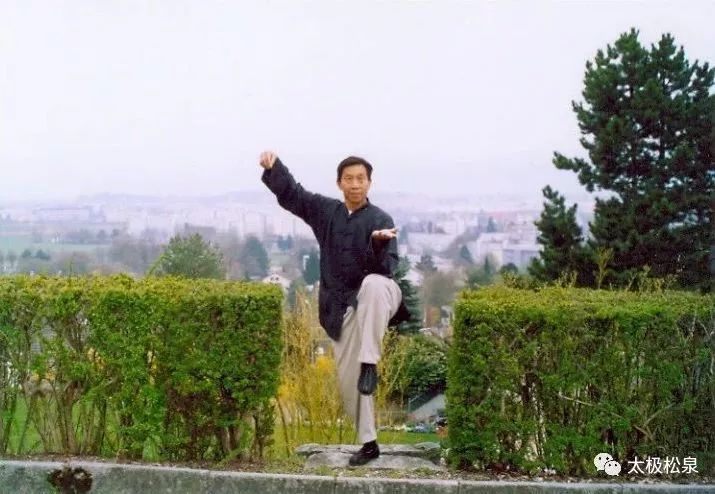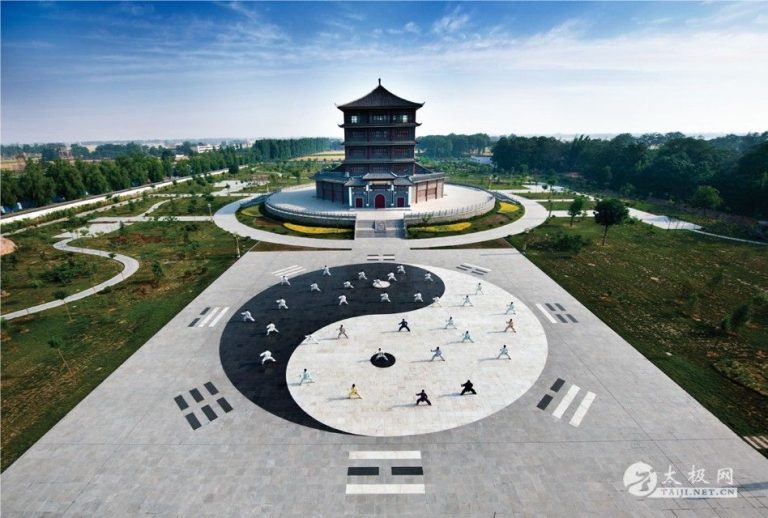Chinese Tai Chi· Promote the Dao and cultivate righteousness
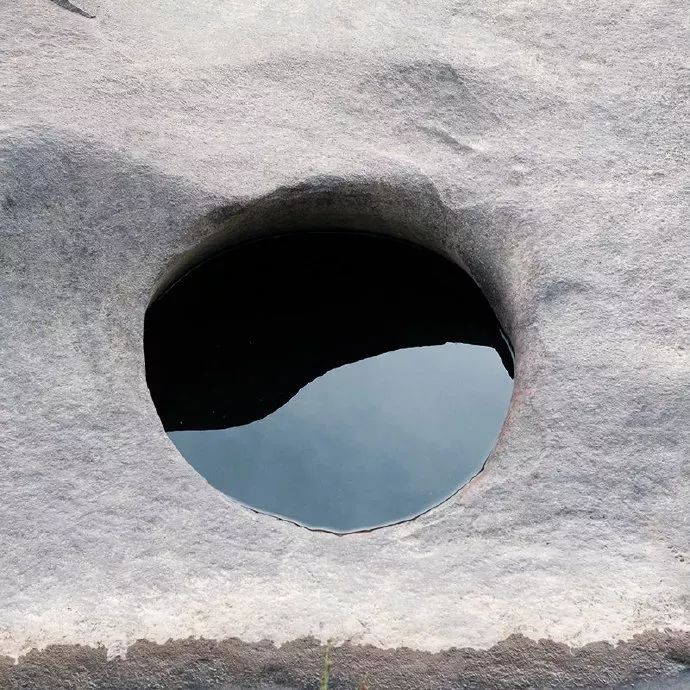
The key points of Tai Chi are the essence of the masters’ insights and experiences, and have always been an unspoken secret. Understanding him is like seeing the path he has walked. If you can correctly grasp his insights, it will be of great help to your boxing practice. However, some things can only be sensed but not expressed in words. Only when you taste the crab can you know its flavor.
One’s own understanding of others’ descriptions may be somewhat off, not to mention that some of their consciousness cannot be perfectly expressed in words. It can only be understood but not expressed in words. One should not interpret things rigidly, take them out of context, or make groundless guesses. As long as you practice correctly, over time and with sufficient effort, you will naturally understand its meaning. If one can understand and grasp it, improving oneself from this starting point is, after all, a shortcut to practicing martial arts.
The following are the key points of the essence of Tai Chi classics, for everyone to ponder and collect.
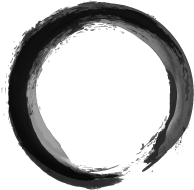
one
Chen Xin“Tai Chi Chuan Theory”
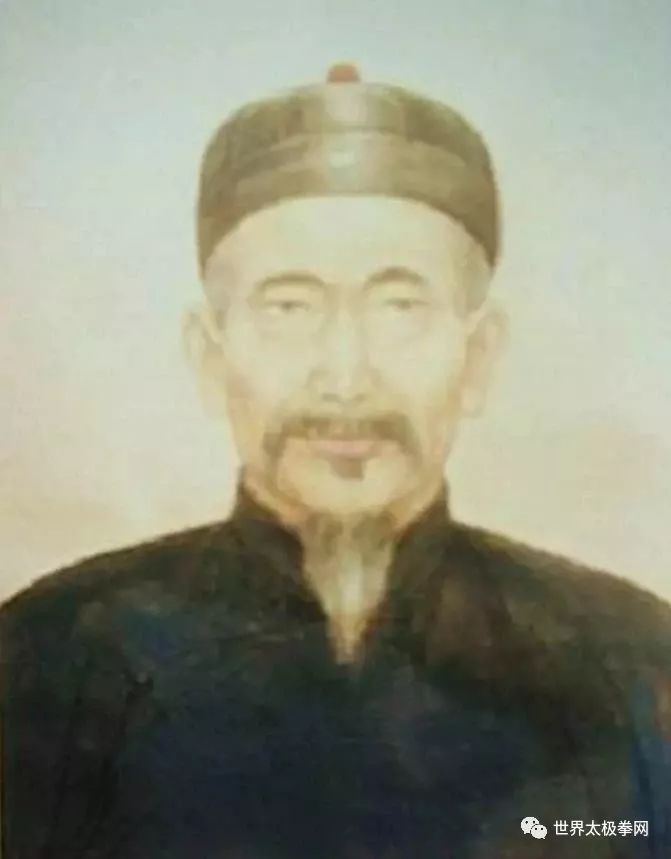
Original text
The name of the martial art is Tai Chi, but it is actually the natural operation of the heavenly mechanism and the natural opening and closing of Yin and Yang. Not a single bit is forced. Forcing is not the natural principle of Tai Chi and cannot be called Tai Chi Chuan. The spirit lies in its accumulation and should not be exposed.
Explanation
Tai Chi Chuan is actually a form of boxing that follows the natural movement laws of celestial bodies. The transformation of Yin and Yang (here referring to all the positive and negative sides) is not forced at all. If it is subjectively forced, it is not the principle that Tai Chi conforms to natural movement. In terms of mental (inner strength), the key lies in storage and accumulation; it should not be superficial.
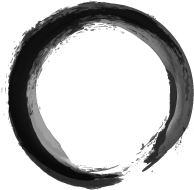
two
Mr. Sun Lutang
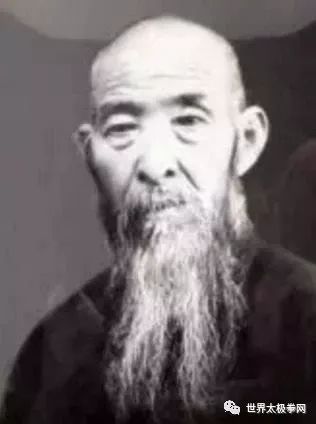
Original text
The essence of the Dao flows naturally in one breath; emptiness and tranquility are the hardest to seek.
All methods are of no use; the form should flow like water.
Explanation
The Great Way follows the unity of nature. Emptiness and tranquility are the most difficult states. All the techniques of practicing boxing have no fixed rules. Just remember that your body flows like water (here, the softness of water is used to describe naturalness, without forcing it).
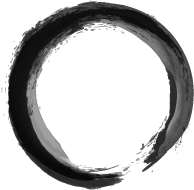
three
Mr. Wang Xiangzhai
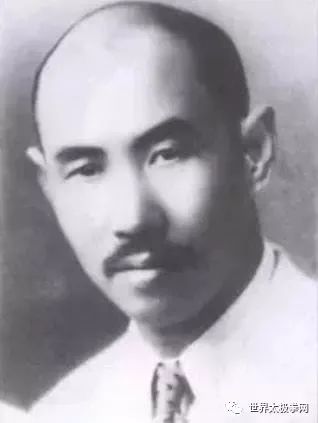
Original text
The so-called “peng Jing” is like rowing a boat on water. First, it consolidates the qi of the dantian. Secondly, it suspends the head. The whole body is like a spring, opening and closing at a certain distance. Even with a thousand jin of force, it is not difficult to float.
Explanation
The so-called “Peng Jin” is like water supporting a boat. First, it enriches the qi of the dantian, then suspends the head, and the body opens and closes naturally like a spring. Even if one has a thousand pounds of force, it is not difficult to float like a boat.
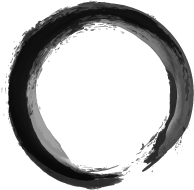
four
Mr. Yang Luchan

Original text
Hit people inside the circle and push people outside it.
Explanation
Yang Luchan taught Quan You Kung Fu. Quan You was one of his three major disciples. He was good at softening and was regarded as the progenitor of the Wu family’s Tai Chi. Later, when Yang Luchan retired and returned to her hometown, Quan You followed her with reluctance. Yang then got out of the sedan chair and said to him, “I swore that day that I had taught you all the skills and not a single move was left behind. Anyway, remember, ‘Hit someone inside the circle and push someone outside the circle.'”
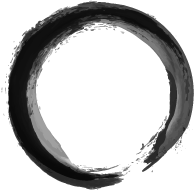
five
Chen Changxing“Essential Words for Military Use”
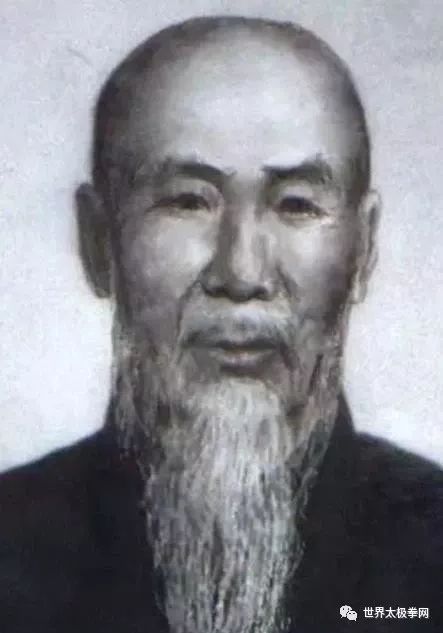
Original text
A punch comes from the heart, and a fist is thrown at will. One must always know oneself and the opponent, and adapt to circumstances as they arise.
Explanation
The attacks in Tai Chi are all launched in accordance with the control of the heart (here emphasizing that the spirit and energy of Tai Chi are the sovereign), and one must be able to understand oneself and the opponent, and adapt to the changing situation.
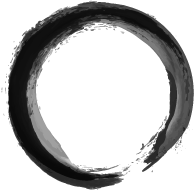
six
Mr. Hao Weizhen
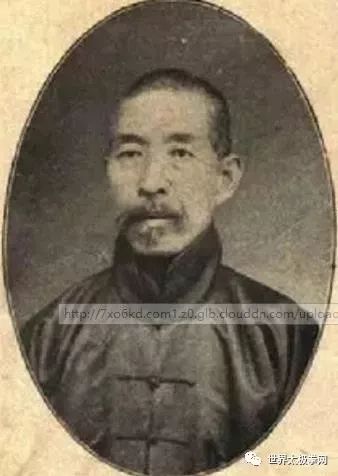
Original text
When one first practices Tai Chi, it feels as if one is in water with both feet on the ground, and the movements are as if there is water resistance. The second layer is like being in water, with both feet floating, floating in the water and being able to move freely. On the third level, the body is light and agile, with feet as if walking on water, walking on ice in a deep pool, and the spirit is reserved, not daring to be the least bit scattered. This boxing move is complete.
Explanation
When I first started practicing Tai Chi, it was like my body was in water while my feet were on the ground, and there was always resistance in my movements. In the second stage, just like the body is in water, the feet also float in water and can move freely like water. In the third stage, the body is very light and flexible. The feet walk as if on water or on the thin ice above a high cliff. The spirit is gathered in the heart without the slightest distraction. At this point, the boxing practice is completed.
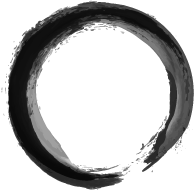
seven
Chen Ziming“Chen Family’s Hereditary Tai Chi Boxing”

Original text
Non-greed and non-delusion: When practicing Tai Chi, the most important thing is to avoid being greedy for too much, especially to refrain from acting rashly. All applications and postures should be correct. Only in this way can one avoid getting sick after mastering the practice and make progress easily. However, if one is greedy or rash, the achievements will be rare. This drawback is inevitable for beginners and should be paid close attention to.
Explanation
When learning Tai Chi, the most feared thing is to seek speed and quantity. In particular, one must not make changes without authorization. If both the movements and the mental techniques are learned correctly, there will be no mistakes after mastering the practice and progress will be very fast. If one seeks quantity and allows subjective changes and developments, no achievements will be made. In fact, nine out of ten such mistakes will be made. One must pay attention.
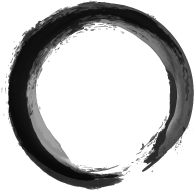
eight
Nameless Master
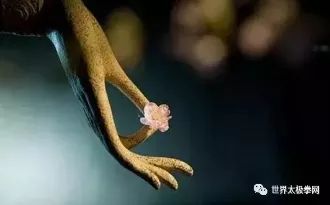
Original text
Holding a hoe empty-handed, riding a water buffalo on the road, a person crosses the bridge, the water flows but the boat doesn’t.
Explanation
Holding a hoe with bare hands mainly talks about the initial enlightenment period, where both hands should be empty.
Walking and riding a water buffalo should be something that occurs during the middle stage of spiritual practice. On the surface, one sweats profusely and walks with great effort, but inside, it is the pure and wonderful conduct of a Bodhisattva.
The phrase “A person walks on a bridge” should refer to the later stage of cultivation. After achieving perfection in one’s merits, there is still a bridge to go before reaching one’s ideal, corresponding to the practice of “cultivating the spirit and returning to emptiness”.
The phrase “The bridge and the flowing water do not flow” refers to the state of mind after attaining Buddhahood. In simple terms, it means “What is still is moving, what is moving is still, there is both movement and stillness.”
【 Disclaimer 】
This article is reprinted from: World Tai Chi Network
The pictures and text are from the Internet, aiming to promote Tai Chi culture and share Tai Chi knowledge
The copyright belongs to the original author. If there is any infringement, please inform us as soon as possible and we will delete it immediately
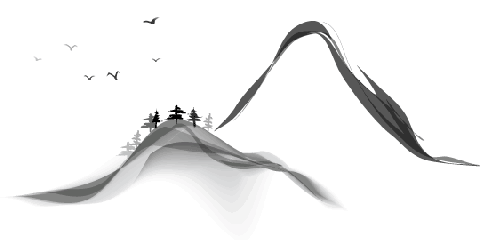
Chinese Tai Chi promotes the Dao and nurtures righteousness
Tai Chi is born of the infinite, the mechanism of movement and stillness, and the mother of Yin and Yang
Tai Chi is —
The rhythm of music and the connotation of philosophy
The construction of beauty, the artistic conception of poetry
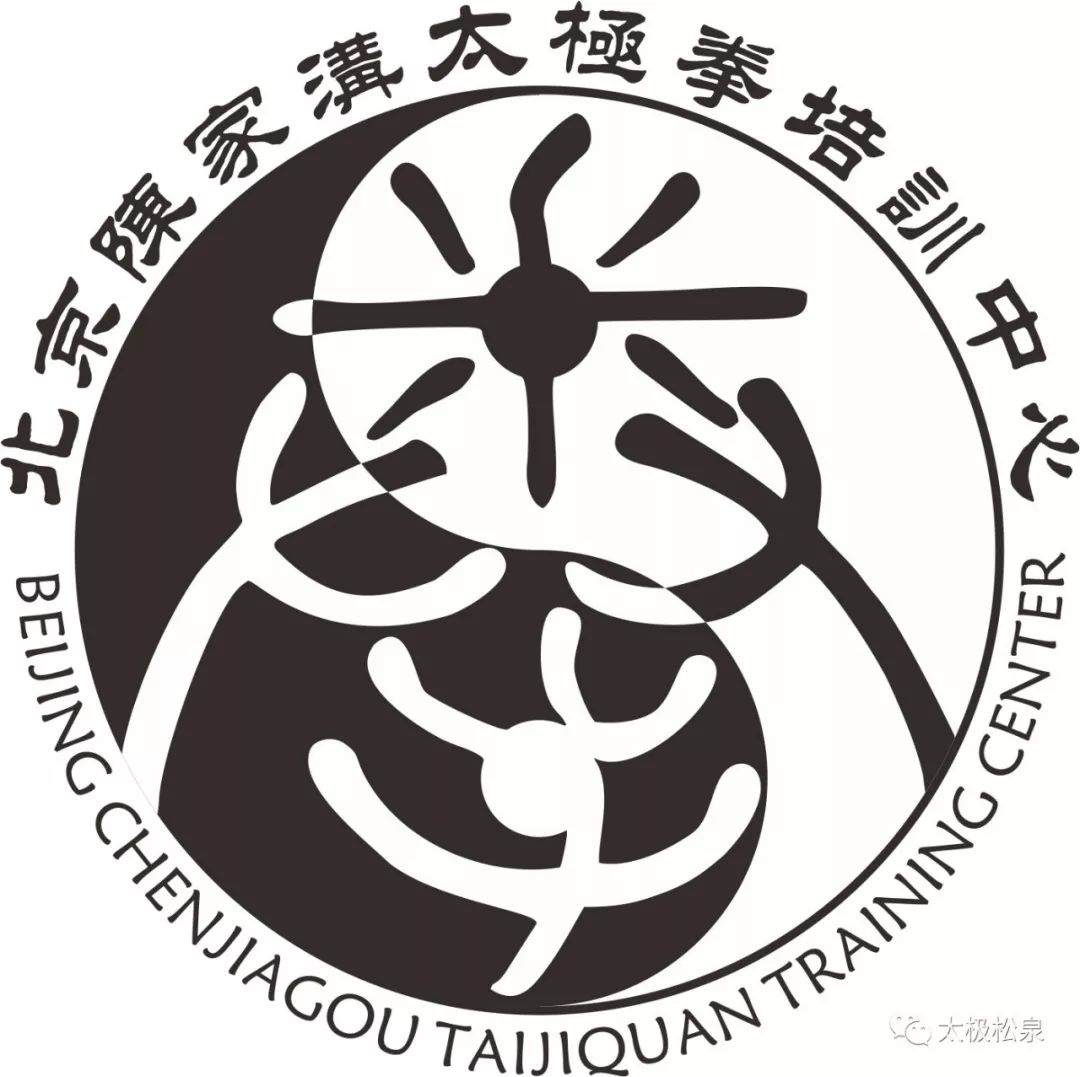
Encounter Tai Chi
Encounter the gifts of life
Long press to scan the QR code
The road to health, happiness, joy and longevity

Learn traditional Chinese Chen-style Tai Chi from Master Yang Songquan
For details, please inquire
136 7109 3368
185 0052 8617
010-8402 4669
No. 130, Xiange Hutong, Dongcheng District, Beijing
For more information, please click
The Fourth “Songquan” Cup Chenjiagou Village Tai Chi Exchange Competition
For submission, please contact taijisongquan@126.com
Click “Read the Original Text” to learn about us

